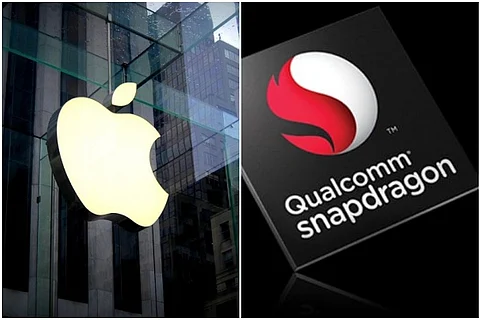

After China, a court in Germany too has allowed its appeal against Apple selling its iPhone models in Germany. Though this new judgement may not affect the sale of the current year’s iPhones, Apple cannot sell its iPhone 7plus, 7, 8, 8plus and iPhone X.
But then there is a rider. Apple can appeal this order in a higher court and till that court decides on the issue, the sales at the store-level may continue, a situation similar to China. In China, of course, it was stated that the normal procedure of practically implementing a court order itself takes months if not years.
The German Court has told Qualcomm that it can modify its order to make its implementation immediately applicable provided Qualcomm makes a deposit of around $765 million. This amount has been arrived at the notional value Apple may claim if it succeeds in the higher court and the lower court’s ruling is overturned. Apple will cite loss of sales due to the implementation of the order.
Will Qualcomm agree to make such a huge deposit or wait till the proceedings in the higher court play out? One may have to wait and see what decision the chip maker takes. But in one sense it is a victory for Qualcomm since its claim that Apple has been in violation of an agreement the companies had on the precise method of functioning of the chipsets that Apple bought from it for use on these phones.
Apple has been saying that it will bring some changes in its iOS software to correct the situation and indeed some updates to iOS 12 have been issued by the company as well. But it is difficult to say how much Qualcomm gets convinced with these changes. Apple has since moved on and is using its own processors and has been working with Intel also.